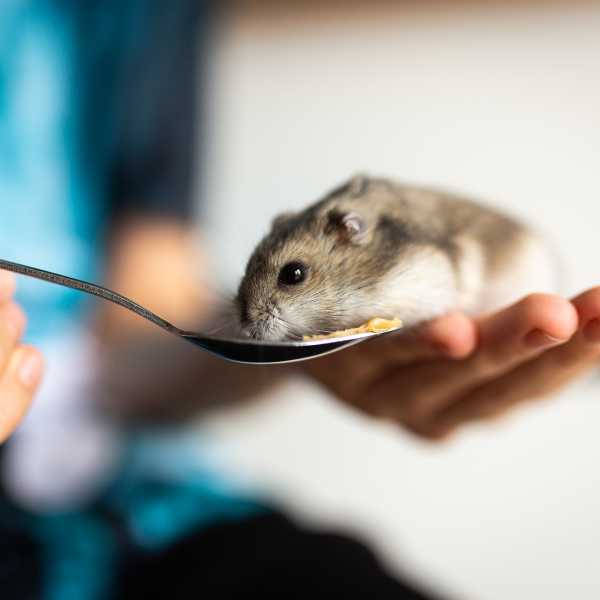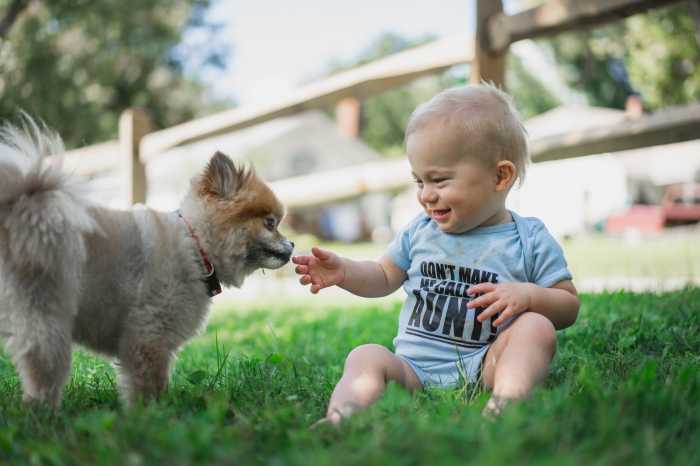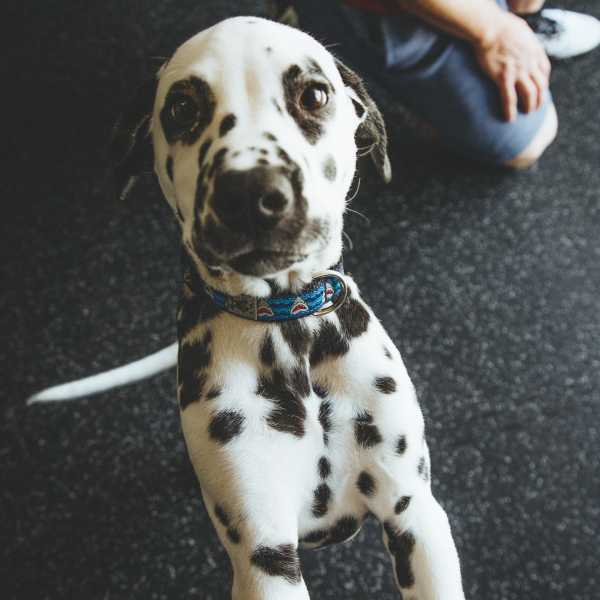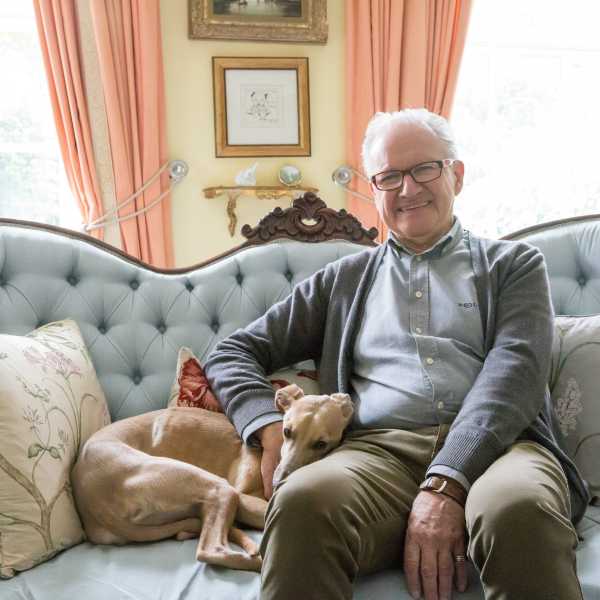
Dogtime - How Public Opinion Has Shaped the History of Dogs
Posted on 30 January, 2023

Photo by Zachary Kadolph on Unsplash
Written by Alex Espitia for Dogtime
Throughout history, public opinion about dogs has shaped their relationship with us in dramatic ways. In a piece for the digital library JSTOR, writer Danielle Han explores how changing opinions have affected dogs’ lives, for better or worse.
According to Han, “Many dog-breeding policies channel the socio-economic stratifications characteristic of civic structures”. Interestingly, she goes on to say, “dog-breeding and pedigree politics inherently reflect human biases—and the legislation around them is fruitless at best, hazardous at worst.”
For thousands of years, dogs have been by our side as companions and helpers. Throughout most of modern history, dogs were in the same boat as other domestic animals like cows or horses. Essentially, a dog was a tool humans used as a means to an end.
However, trends in aristocratic European society caused a big relationship change with dogs. As social classes became more rigid, “leisure activities, sports, and pets often fluctuated in meaning and prestige; domestic animals and livestock signaled status standings,” says Han. Soon, a whole industry sprung up focused on breeding dogs with specific traits that appealed to wealthy clients. In one example, Han describes how Foxhounds, “once bred for characteristics that would lead to a successful hunt, soon became bred for uniform color and coat.”
Further on, Han also relates how Bulldogs went through a rollercoaster of changing public opinions and roles. Initially bred for fighting, a ‘sport’ linked to lower classes, bulldogs eventually became status symbols for the rich and powerful. Unfortunately, this was short-lived as bulldogs again became “a social pariah thanks to public biases and poor legislative oversight”.
Certain Laws Reflect Negative and Harmful Opinions
Unfortunately, this narrative continues into the present. Recent legislation targeting specific breeds and outright bans reflect a public opinion about dogs more than actual science. For Pitbulls in particular, laws and regulations tend to reinforce negative public opinions and stigmatize the breed. While it may seem inconsequential, increases in dog attacks in countries like Turkey show that deceptive information about dogs can directly put their lives in danger.
If anything, Han’s article reminds us that as dog parents, we have the power and responsibility to advocate for all dogs. Not only is it the right thing to do, but their lives depend on it.
To read the original article wWritten by Alex Espitia for Dogtime, please visit: https://dogtime.com/dog-blog/104111-how-public-opinion-has-shaped-the-history-of-dogs
Tags:



